Dubai schools up close: How does education work in Dubai?

Dubai constantly attracts families from all over the world. For those considering real estate investment and resettlement, understanding the local education system is extremely important as it directly affects family well-being and long-term settlement. In this blog we will show you a reliable overview of how education works in Dubai.
Dubai Education of the Future
The school system in Dubai is designed to support the dynamic and multicultural character of the city. It is significantly different from traditional European models, reflecting the unique demographic and economic needs of the emirate.
How it works The school system in Dubai Compared to Europe?
Dubai's education system is characterized by a remarkable diversity that caters to a wide range of international education systems. Curriculums such as American, British, French, German, Canadian, Australian, Indian, Pakistani, Filipino, Russian, as well as UAE's own curriculum. This extensive offer differs from many European countries, which primarily operate on the basis of a single national curriculum, although international schools are also present there. It is not only a consequence of immigration, but a fundamental pillar of their education policy. Offering familiar educational pathways reduces a significant barrier for expat families, making resettlement more attractive and indirectly supporting the real estate market. It also indicates a strong commitment to global integration rather than assimilation.
The school week in Dubai usually runs from Sunday to Thursday, with Friday afternoons and Saturdays free. This is a significant difference from the Monday-Friday school week, which prevails in most of Europe. This schedule directly reflects the working week in Dubai
The academic year in Dubai can begin in two main periods: schools starting in April (from April 1 to March) and schools starting in September (from August 26 to June 27). This offers more flexibility than the predominantly September start of the academic year in Europe, where only a few countries start in August or mid-September. All private schools in Dubai must have a minimum of 182 school days per academic year, according to KHDA regulation. This strategic distribution of vacations, along with adaptation to the heat, contributes to the well-being of students and allows families to plan travel or stays during more pleasant weather. This is a significant factor in the quality of life for families considering Dubai.
Who regulates the school system?
The key institution that oversees education in Dubai is the Office of Knowledge and Human Development (KHDA - Knowledge and Human Development Authority). KHDA acts as the primary regulatory authority for the private education sector in Dubai. His responsibilities include the evaluation, accreditation and supervision of schools, universities and training institutions.
This institution carries out regular inspections, assesses educational results and publishes detailed evaluations for each school audited on its website through Dubai School Inspections Office (DSIB). These ratings are extremely important for parents when choosing a school. The transparency provided by DSIB assessments gives parents information, making the competitive environment of private schools easier to navigate.

In addition, the KHDA regulates tuition fees through its fee framework, which allows higher-rated schools to adjust fees, while for weaker schools it limits price increases.
The link between school ratings and allowable fees creates a market incentive for schools to improve, as higher quality allows for higher revenues. This system ensures a consistently high standard of education in the private sector. KHDA also places a strong emphasis on teacher licensing, educational innovation, and student well-being.
How do schools deal with high temperatures?
Dubai schools are taking comprehensive and proactive measures to mitigate the impact of high temperatures on students. Most private schools in the UAE start classes early (as early as 7:30 in the morning) and operate in fully air-conditioned premises.
Common measures to adapt to the heat during the summer months include: monitoring the heat index, adjusting or canceling outdoor activities and physical education classes. Hydration protocols ensuring students' access to cool water and regular breaks for hydration, application of sunscreens.
Preschool education (kindergartens)
In Dubai, children can attend a nursery from 45 days to 4 years. Formal preschool education is from 3 years.
Dubai allows a very early entry into the nursery, compared to the more common age 2.5-3 years in Europe suggests adapting to expat parents who can both work and need early childcare solutions. This flexibility encourages the participation of parents in the labor market and contributes to the attractiveness of Dubai
What languages are used in teaching?
Bilingual kindergartens are very popular in Dubai and often immerse children in two languages from an early age. Common language combinations include English and Arabic, or English and another language such as French or Spanish.
Primary and secondary schools
Primary and secondary schools in Dubai represent a complex and diverse system that differs significantly from European educational models, mainly due to its focus on the international community.
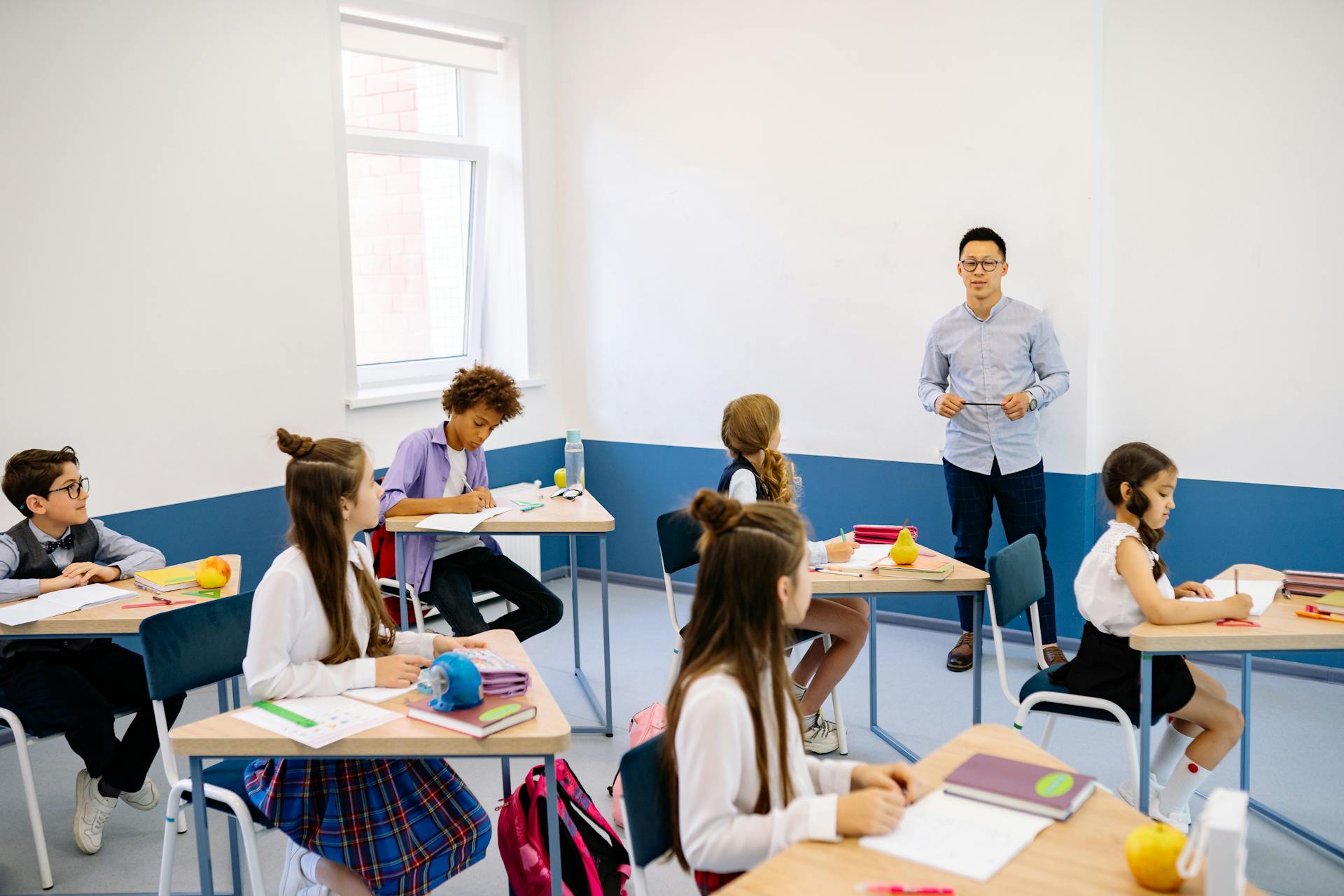
What is the difference with education in Europe?
Dubai education differs from European in several key aspects.
- diversity of curriculais much larger in Dubai, with more than 14 international curricula, with the most popular being British, American, IB and Indian.
For example, in European Schools, although there are also international schools there, national curricula are still dominant there, unlike Dubai.
- language of instructionin private schools in Dubai there is primarily English, with Arabic as a second language and an offer of other foreign languages
- school weekin Dubai, it runs from Sunday to Thursday, which is different from most European schools, which operate from Monday to Friday.
Dubai has a clear division: public schools are for citizens (Arabic curriculum) and private schools for expats (international curricula)
How is school enrollment going?
The admission process to private schools in Dubai is generally straightforward but requires early planning, especially for top-rated schools with long waiting lists. Key steps include: surveying and shortlisting schools, submitting an online application, attending an assessment or interview (depending on age), submitting required documents, and paying registration fees.

Are schools divided by nationality or is the system multicultural?
The Dubai education system is explicitly described as one that embraces multiculturalism, allowing students to interact with classmates from different backgrounds, promoting respect and understanding. Instructors are trained to create friendly classes that celebrate diversity and encourage students to share cultural experiences. Schools are actively adapting to diversity through cultural awareness programs and providing language support to address potential language barriers or cultural misunderstandings.
What is the usual daily routine in schools?
Academic days usually consist of core subjects (mathematics, social sciences, English), along with breaks for physical activity and socialization. Classes are often extended to include physical education, art, and language classes. Many schools accept shorter hours or otherwise scheduled days during the hot summer months to avoid peak afternoon heat. Extracurricular activities play a significant role, often in the form of afternoon clubs, sports activities, music lessons or academic support programs.
Universities and Colleges
Dubai has established itself as a major centre of higher education, attracting students from all over the world thanks to its diverse offer and international recognition.
What unions are popular?
Popular majors at UAE universities include business administration, engineering, information technology, and international relations. Specific examples of popular courses at leading universities include aerospace engineering, biomedical engineering, computer science (Khalifa University), civil engineering, medicine (UAEU), and architecture (American University of Sharjah). Other popular undergraduate degree programs include biotechnology, mass media communication, and the liberal arts. Popular master's degree programs include Project Management, Educational Leadership, Civil Engineering, Executive MBA, and Global MBA.

Many universities also offer specialized programs in artificial intelligence, construction management and innovation management. The popularity of these divisions directly reflects Dubai's strategic economic pillars: a global business center, a leader in infrastructure development and an aspiring center of technology and innovation.
Are universities internationally recognized?
The UAE has quickly developed into an educational center that hosts universities that are among the best in the world. Institutions such as:
- Khalifa universitet(No. 181 in the QS World University Rankings 2024)
- Universidade do Emiratos Árabes Unidos(UAEU) (#290 in QS World University Rankings 2024)
- Universidad Americana de Sharjah(AUS) (No. 332 in the QS World University Rankings 2025)
Higher education institutions in Dubai go through accreditation processes to ensure quality and international recognition, which is overseen by the Academic Accreditation Commission (CAA) under the Ministry of Education. Many international university branches operating in Dubai are themselves globally recognized institutions.
Are there branches of foreign universities?
Yes, Dubai hosts numerous branches of foreign universities. Among the extensive list are: Universiteit van Birmingham, University of Wollongong, Curtin University, Heriot Watt University, Murdoch University, Canadian University, Symbiosis International University, Bath Spa University, Middlesex University, American University in Dubai, De MontFort University, University of Hertfordshire, Manipal Academy of Higher Education (MAHE), University of Bradford, Birla Institute of Technology and Science (BITS Pilani), Rochester Institute of Technology Dubai (RIT Dubai), Hult International Business School, S P Jain School of Global Management, HTMI Switzerland, EM Normandie and Synergy Zanîngeha.

The sheer number and prestige of branches of foreign universities is a strong indicator of Dubai's success as a global educational center. This allows students to earn an internationally recognized degree without leaving Dubai
The cost of education
Compared to Europe, where public education in most countries is free or very cheap for residents, Dubai is often more affordable compared to other global educational centers such as the US, UK or Australia.
Are there scholarships or discounts?
Yes, there are scholarships and discounts in Dubai that can help expat families mitigate the high cost of education. Some schools offer discounts for siblings or scholarships for students with high academic performance.
The existence of such scholarships, especially at the university level, which are explicitly open to international students and cover considerable costs, indicates the strategic efforts of Dubai and the UAE to attract top global talent to higher education. For expat families, this means that while the general cost of education is high, exceptional students may have opportunities to significantly reduce or even eliminate tuition fees.
Parents' approach and community
Parental involvement and community building are key elements of the education system in Dubai that contribute to the successful adaptation of families.
What role do parents play in the educational process?
Schools in Dubai actively involve families and consider parents as integral players and partners in the educational process. Parents want to be involved, but they may not always know how to do it. Strategies for parent involvement include: discussions beyond the classroom, inviting parents to share expertise (career lectures, workshops, clubs), and creating parent committees/boards for formal decision-making tasks.

Schools offer hands-on workshops for parents (e.g. digital safety, homework help) and build parent support networks.
What is the integration of children from different countries?
The Dubai education system embraces multiculturalism, allowing students to interact with classmates from different backgrounds, promoting respect and understanding. Schools are encouraged to create friendly classes that celebrate diversity and encourage students to share their cultural experiences. Cultural awareness programmes and language support are provided to address potential language barriers and cultural misunderstandings.
The emphasis on learning multiple languages, especially English, helps students communicate effectively in such a global city.
School activities for parents
Schools organize a variety of community events such as curriculum information sessions, school performances and gatherings celebrating children's achievements. Open days, informal morning coffees and informal picnics are also used to make parents feel more comfortable and connected to school.
Dubai's education system is a complex and dynamic ecosystem that adapts to the unique needs of its diverse population while preserving the UAE's cultural values. The system is heavily regulated by KHDA, which ensures high quality standards through inspections and evaluations, increasing transparency and accountability in the private sector.
Blog
Similar articles

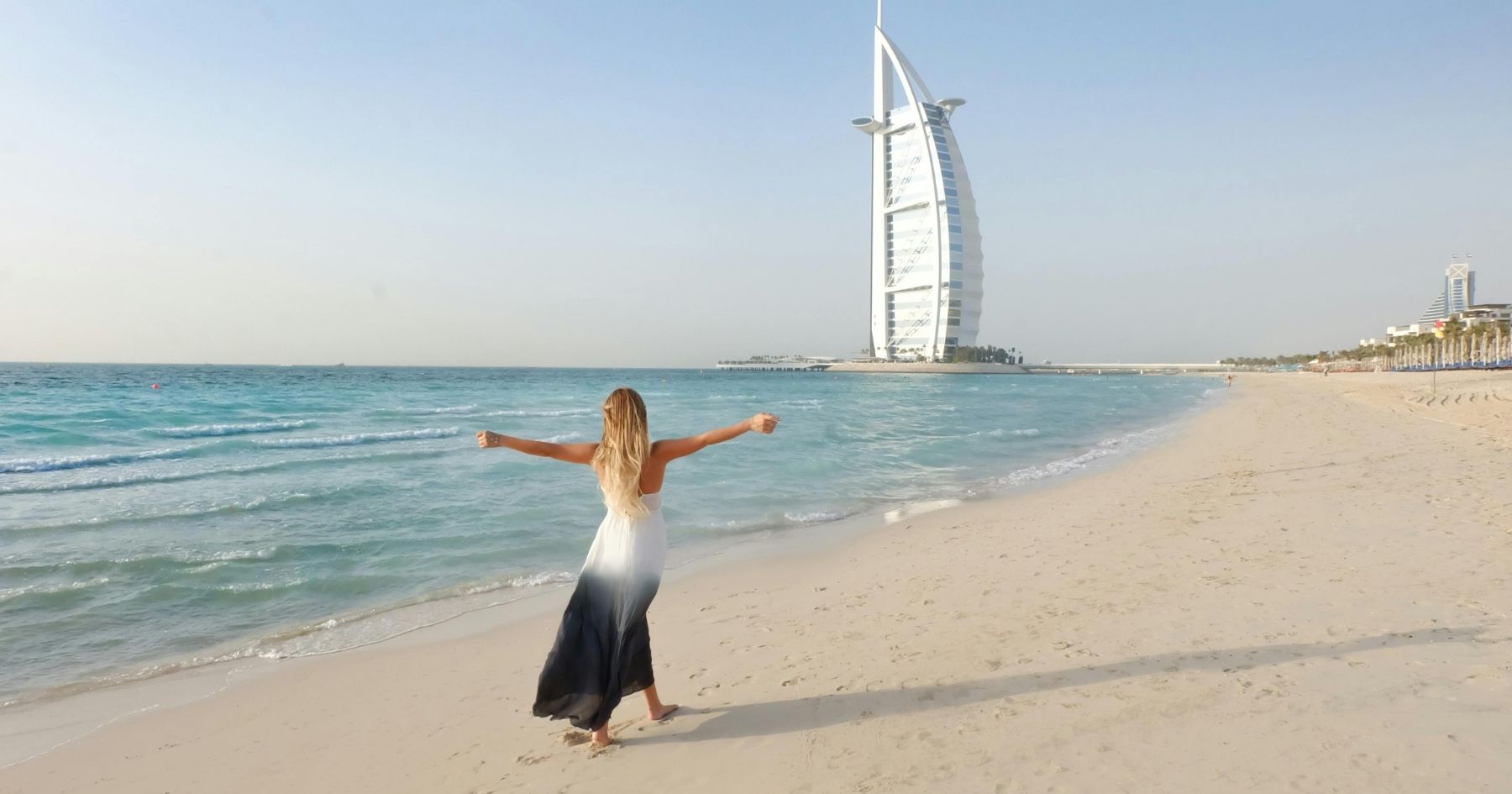

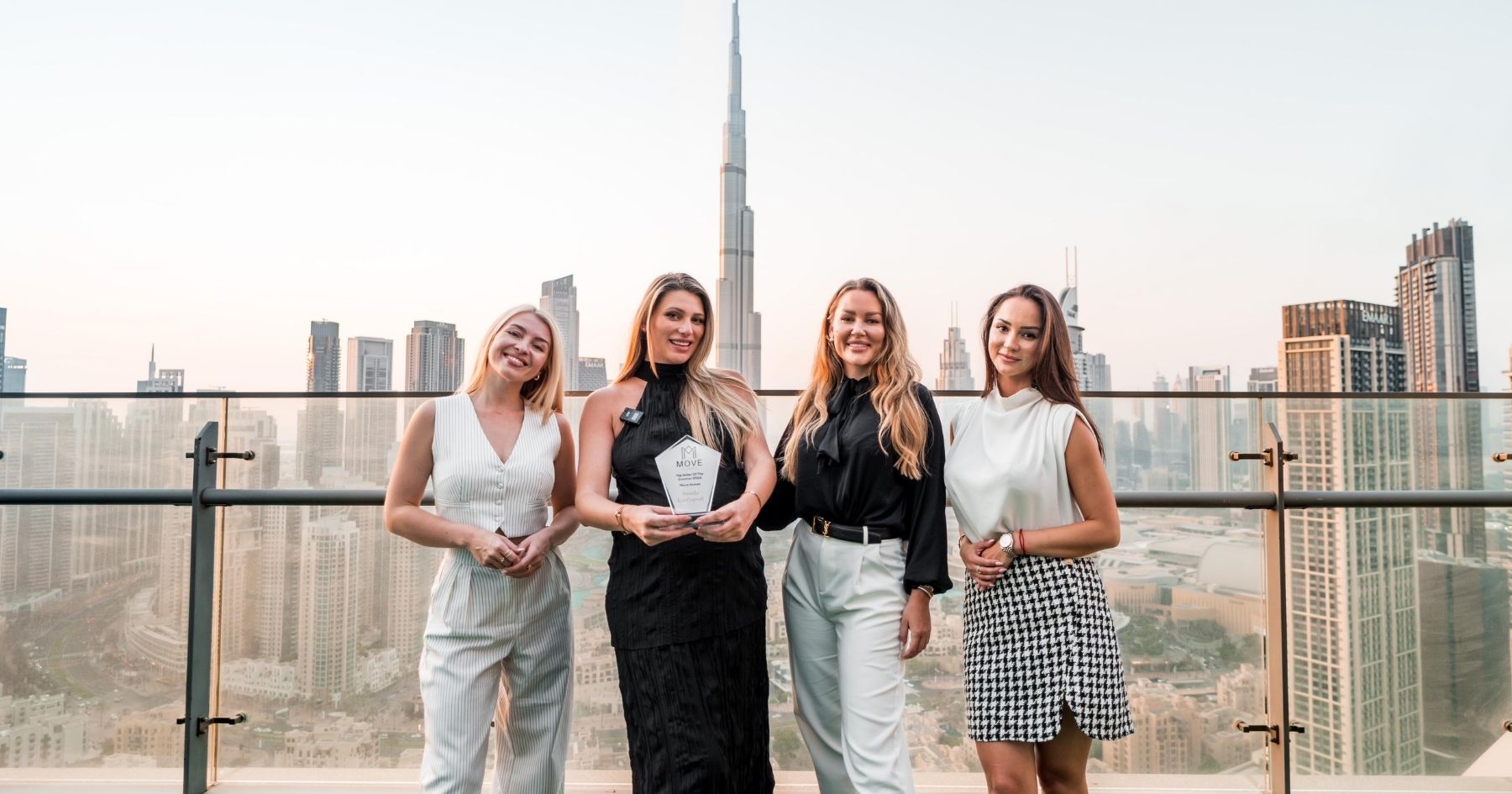




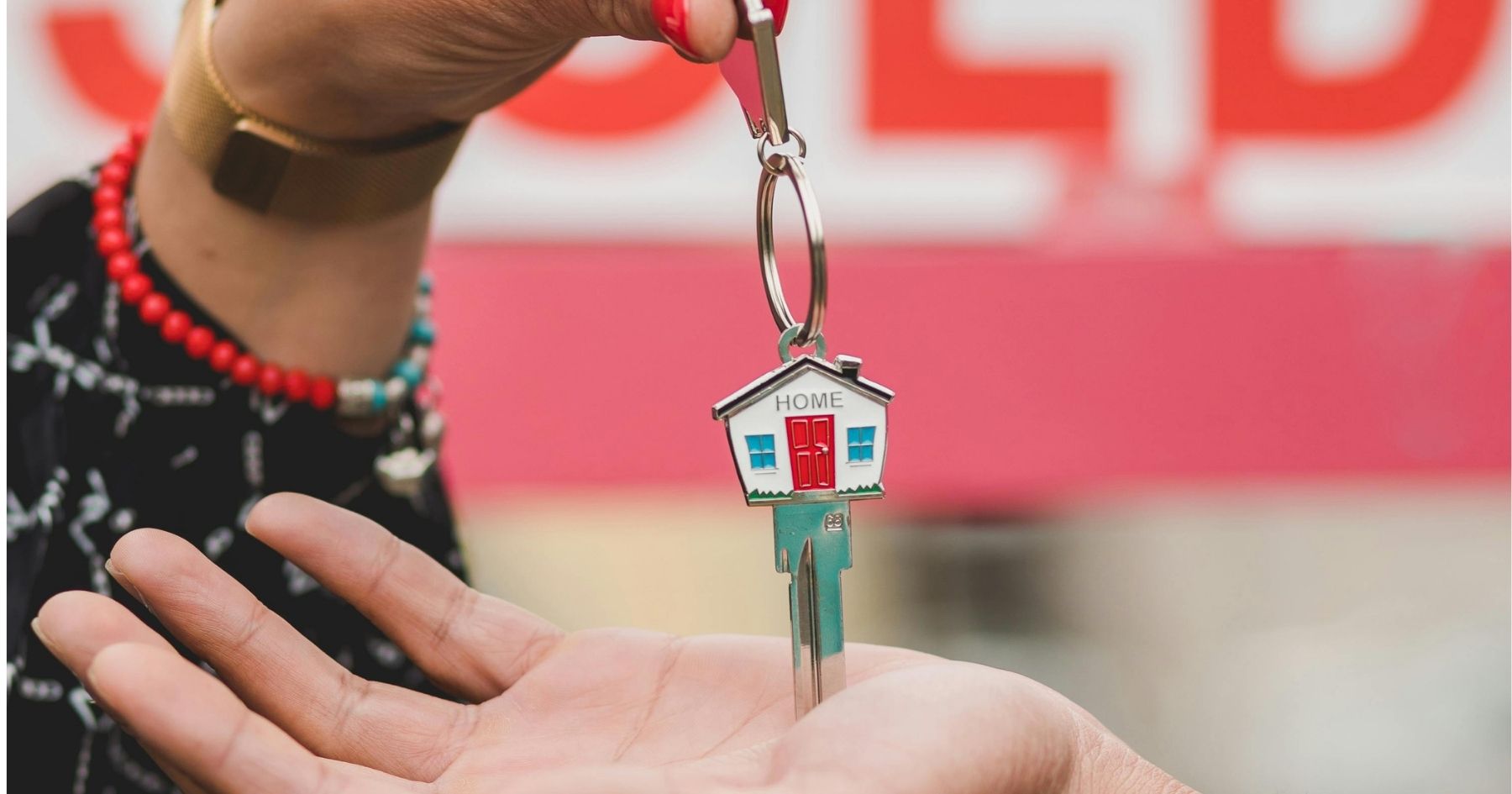
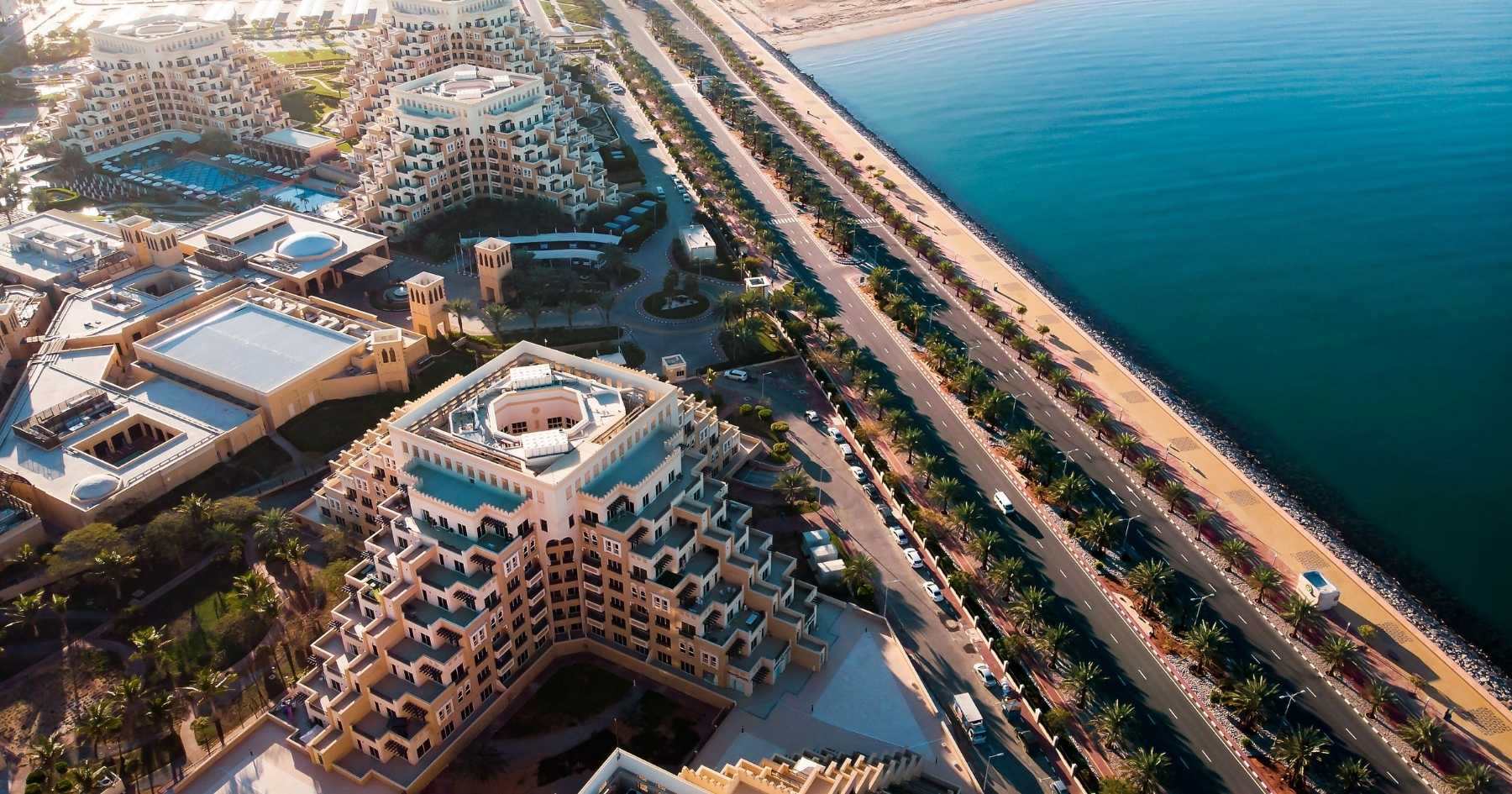





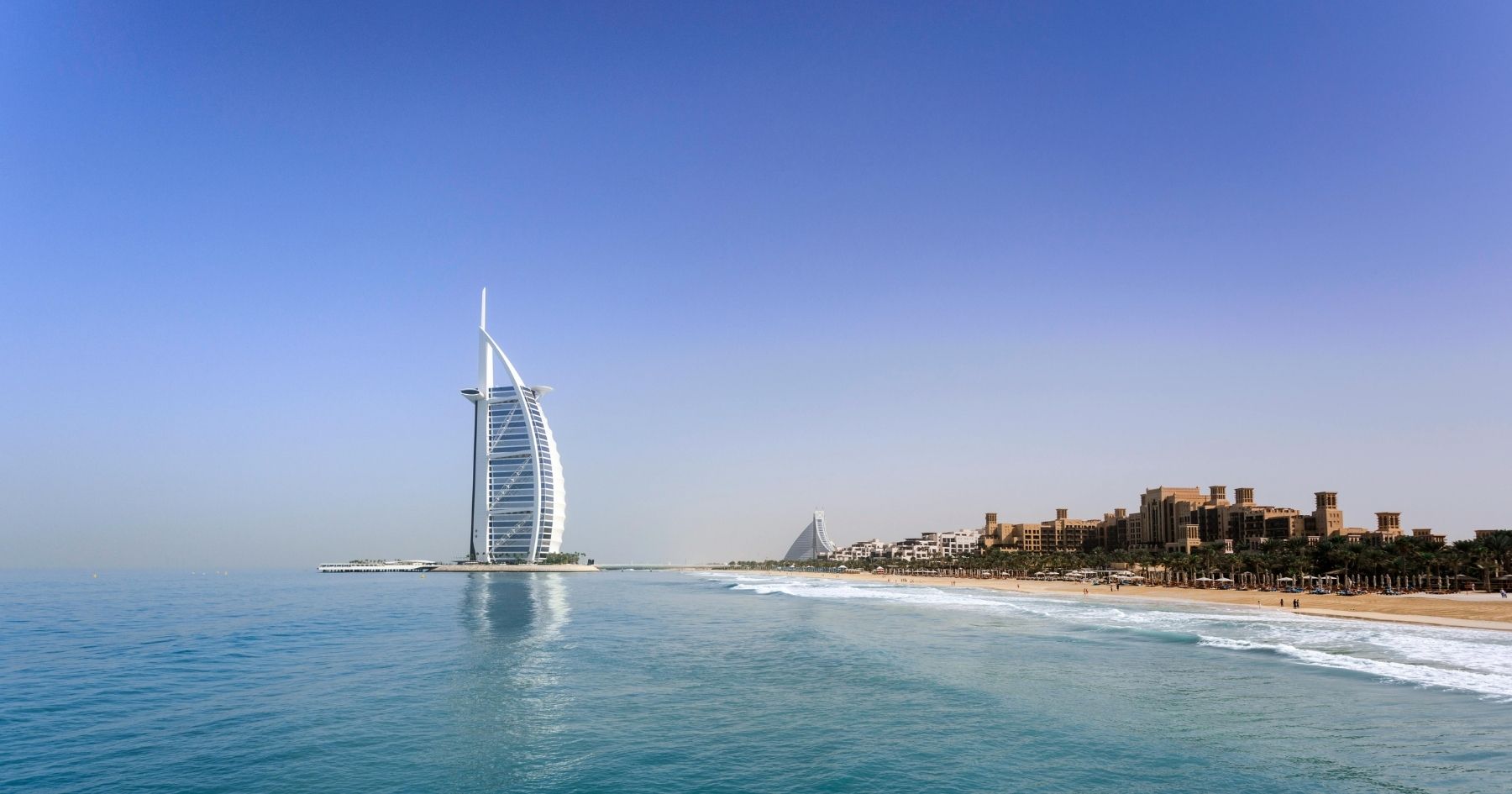

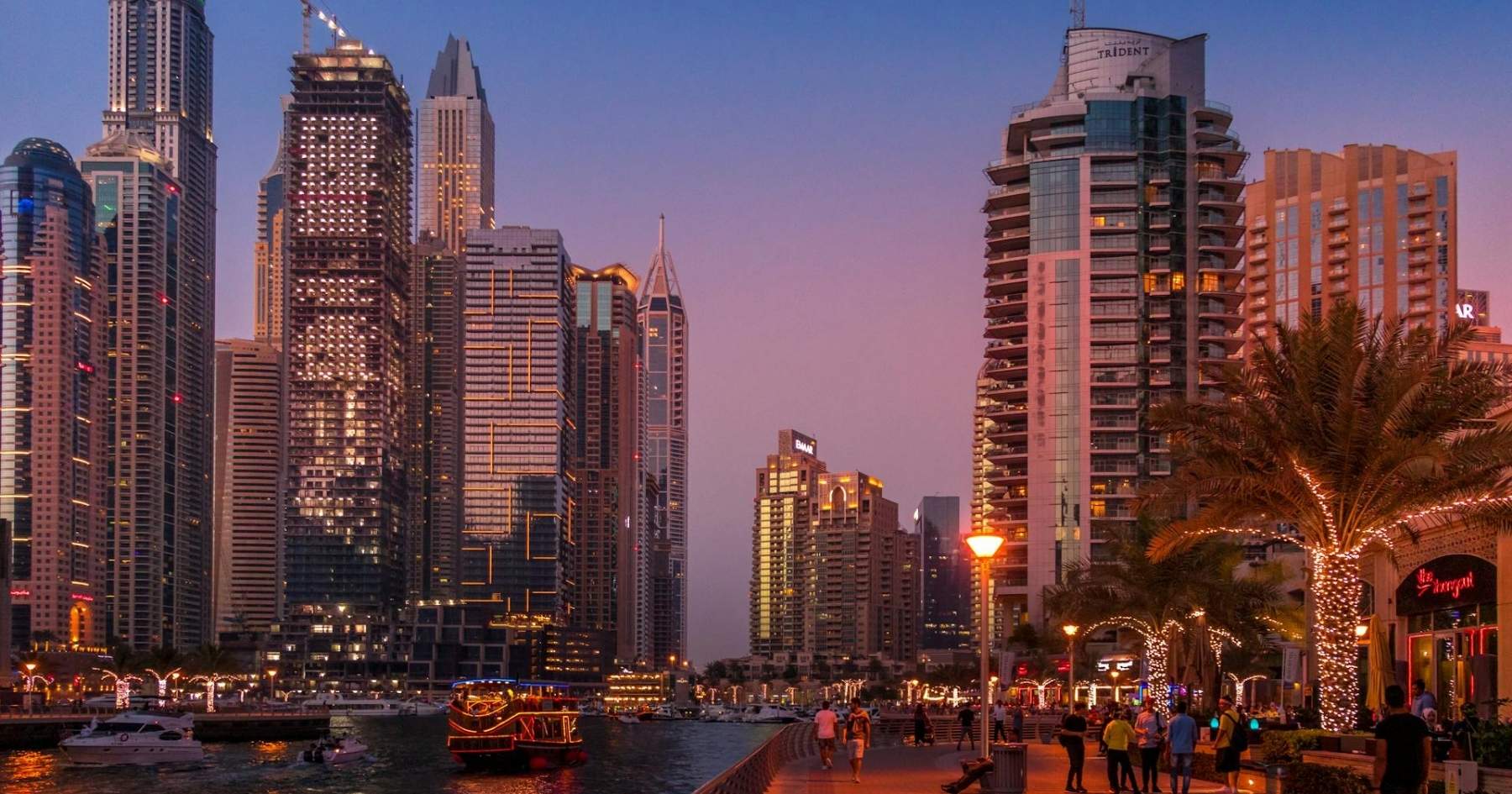
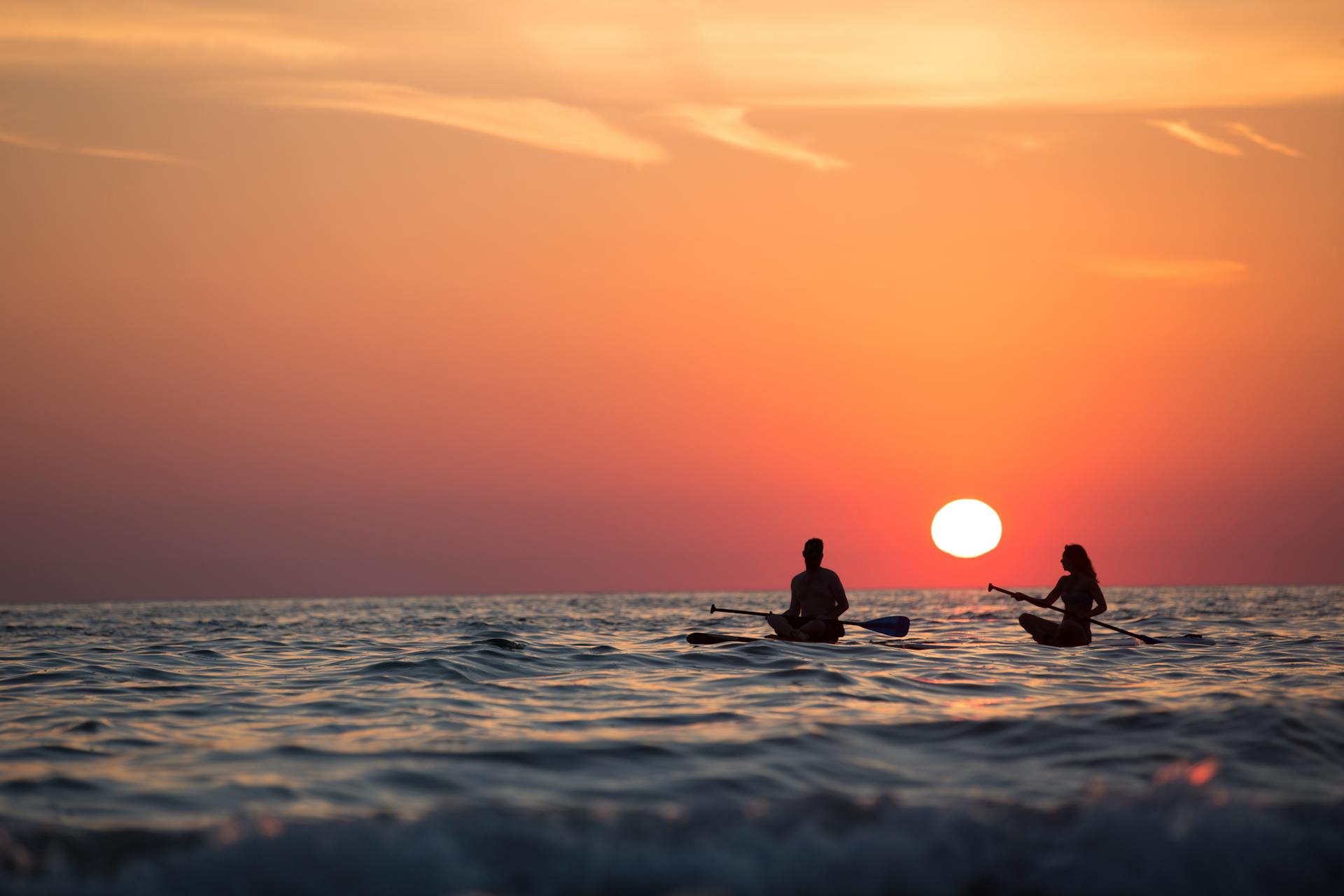



















.avif)


